Fighting for Civil Liberties
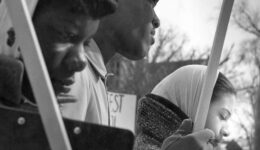
While at LaFollette, Shirley headed the Madison office of the Wisconsin Civil Liberties Union. She also served on the Mayor’s Commission on Human Rights

While at LaFollette, Shirley headed the Madison office of the Wisconsin Civil Liberties Union. She also served on the Mayor’s Commission on Human Rights
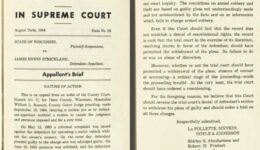
In 1965 Shirley and Assistant Attorney General Betty Brown became the first two women to oppose each other in an oral argument before the Wisconsin Supreme Court.
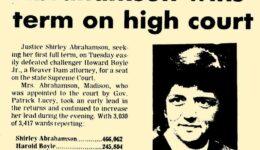
In 1979, Abrahamson became the first woman in Wisconsin’s 131-year history to be elected to a full 10-year term on the Wisconsin Supreme Court. She defeated her opponent, Attorney Howard H. Boyle Jr., by winning 66% of the vote.

The Abrahamsons became quite the power couple. She was serving as Wisconsin’s first woman justice. He was a University of Wisconsin zoology professor who worked on a joint project between the United States and Japanese governments studying the effects of atomic bomb radiation on human survivors.
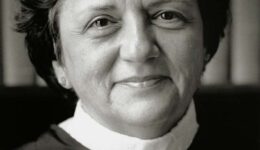
Historically, lawyers would address the all-male supreme court as “gentlemen.” After Abrahamson joined the court, they weren’t sure how to address her or the court. She told people, tongue in cheek, to call her Ms. Justice (pronounced MisJustice)!
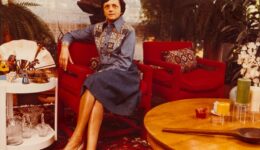
A woman complained about a newspaper’s decision to photograph Abrahamson at home rather than work. Abrahamson responded: “When I was growing up, women were warned that if we wanted a career we would have to give up a normal home life of marriage and children. This threat deterred many women from pursuing a career. I therefore have always thought it important that young women see ‘career-oriented women’ in a ‘home environment.’”
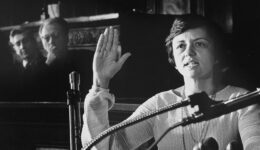
In 1976 Gov. Patrick Lucey appointed Shirley Abrahamson, at age 42, the first woman justice on the Wisconsin Supreme Court.

In 1964 Shirley and Seymour had a son and named him Daniel Nathan. His initials reflected Seymour’s work as a geneticist.
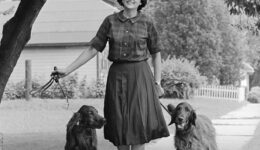
After she began practicing law, Shirley and Seymour bought their first home in Madison. They also got two Irish Setters: Briscoe and Betsy-B.
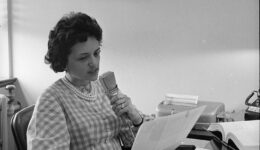
At the LaFollette firm, Shirley ultimately decides to focus her practice on tax law. She went on to teach tax law at the University of Wisconsin Law School.